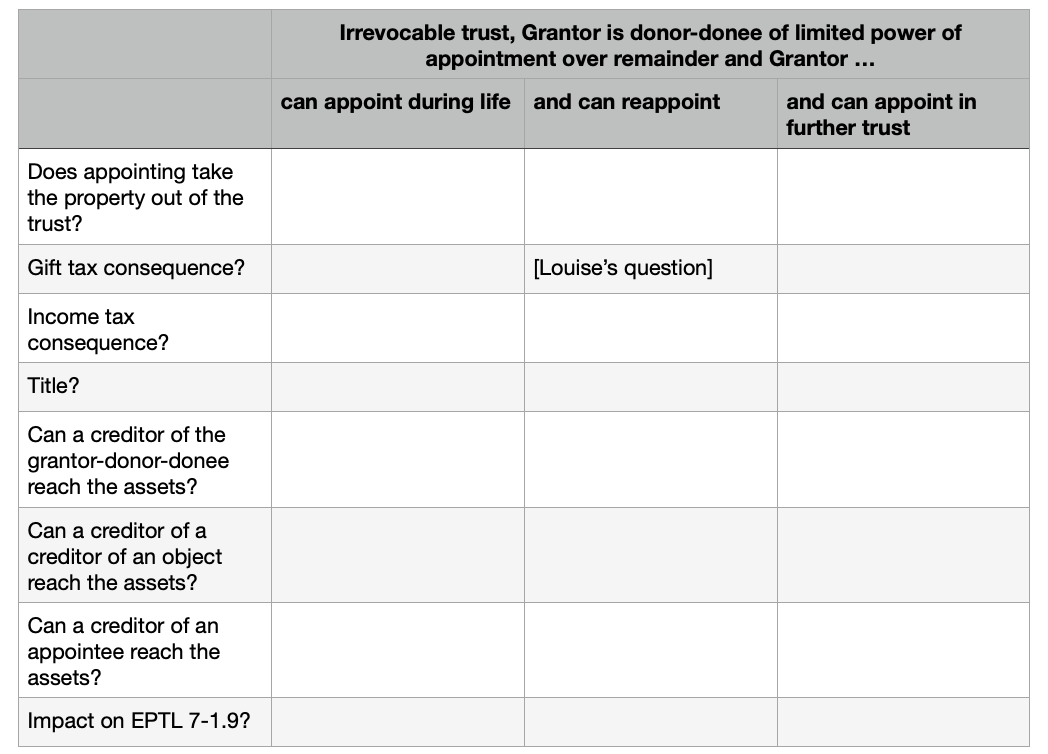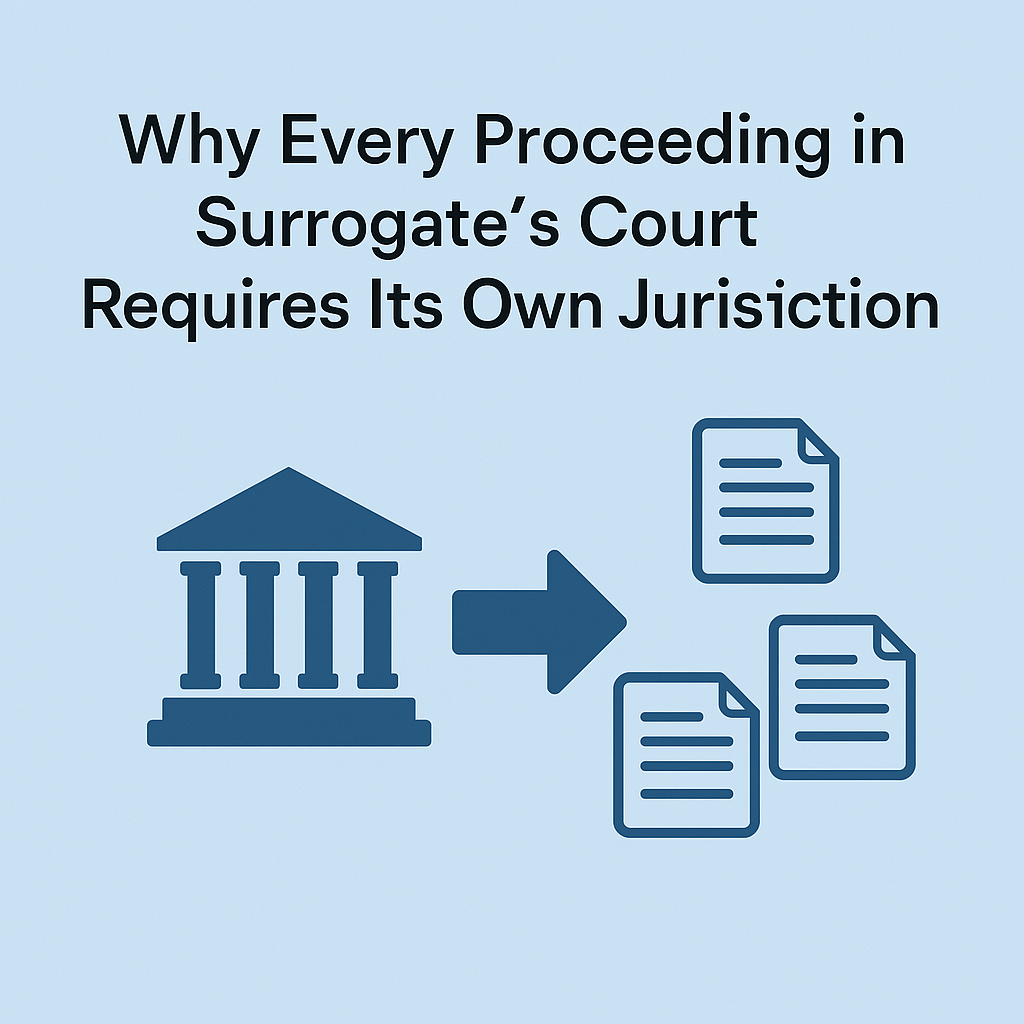(1) Complimentary CE and CLE Virtual Forums from Trusts & Estates
I'm looking forward to the complimentary virtual forums from Trusts & Estates today. Here is the announcement that I received:
Complimentary CE and CLE Virtual Forums
This week: Two days of live, interactive forums paneled by Trusts & Estates Editorial Advisory Board members, frequent contributors and other leading subject matter experts
Day 1: Wednesday, June 1st
When helping clients with their wealth planning, practitioners need to be aware of any new laws, rules or trends that are coming down the pike. Planning with an eye toward the future is key.
Our Day 1, our panelists cover issues that are likely to come into play when assisting your clients or improving your own practice — including the tax proposals in President Biden’s 2023 Green Book and the proposed Internal Revenue Service rules on required minimum distributions
2:00 pm ET: A Wealth Planner’s Guide to Biden’s Green Book
Explores some of the proposed changes to popular high-net-worth planning techniques, as well as some of the under the radar — but potentially highly-impactful — changes to trust and estate administration. And takes a closer look at who’s covered by the so-called Billionaire tax.
Speaker: James Dougherty, Partner, Dungey Dougherty PLLC
Speaker: Marissa Dungey, Partner, Dungey Dougherty PLLC
Moderator: Susan Lipp, Editor-in-Chief, Trusts & Estates
REGISTER
4:15 pm ET: The Proposed IRS Rules on Required Minimum Distributions
A review of some of the key regulations under the proposed SECURE Act, including what’s required to give eligible designated beneficiaries more time to take their RMDs — and how “disabled” is defined.
Speaker: Bruce Steiner, Commentator, Leimberg Information Services, Inc.
Speaker: Denise Appleby, CEO, Appleby Retirement Consulting, Inc.
Moderator: Susan Lipp, Editor-in-Chief, Trusts & Estates
REGISTER
I registered for both sessions. If you want to register, the registration links are in the quote, above.
(2) Thursday Think Tank Meeting Tomorrow
Tomorrow, from 2:30 to 4:00 PM is an open-mic Thursday Think Tank study group meeting via Zoom. Here is the announcement from Lina Maryanov, the organizer and host:
GOOD MORNING, ESTEEMED COLLEAGUES.
Sincere thanks to my co-presenter, Mindy Stern, for her time and expertise at last week's Think Tank session. One hundred sixty three attendees signed on, second place in attendance only to David Goldfarb's 2021 presentation on the then new POA, when we had two hundred forty participating. The discussion about "Estates and Trusts and Real Estate-coop, condo and private home sales and transfers" was so well received that our next OPEN MIC will address the unanswered questions that were lined up when we ran out of time and some new T&E/Real Estate related topics.
OUR NEXT T&E THINK TANK IS NEXT WEEK, THURSDAY, JUNE 2nd
THIS WILL BE A REAL ESTATE-CENTRIC OPEN MIC
NO BAR MEMBERSHIP REQUIRED. INVITE A COLLEAGUE.
Mindy Stern, Esq. and Linda Maryanov, Esq. will answer open questions from last week's T&E and Real Estate session.
We will also welcome Kenneth Kohanowski, Director, Homeowner Stability and LGBT Advocacy Projects, City Bar Justice Center, NYS Bar Association, who "modified the New York State Uniform Partition of Heirs Property Act (RPAPL 993) to address issues we see in NY and worked with the NYC Bar to get it enacted in 2019. It expanded the definition of heirs property, established a court-monitored settlement conference process and provides a second opportunity to answer (like the residential foreclosure context), among other improvements...." Kenneth's project "... does a lot of work around intestacy, untangling title, and stabilizing the intergenerational transfer of homeownership including heirship deeds, in addition to litigating in the context of vulture buyers of partial heirship interests."
We will also welcome Hani Sarji, Esq., who recently set off a firestorm of cogitation about Confirmatory deeds to specific devisees. As of this typing, I see 49 NYSBA Community Listserv comments concerning their use, whether or not it is really "a thing," or necessary, how it might differ from an Executor or Administrator's deed, and related questions.
DO NOT MISS THIS IMPORTANT CONVERSATION.
To find attend the meeting, please email Linda Maryanov.
(3) My Superpower? Asking Questions
Two books that my daughter, who is a toddler, enjoys got me thinking.
(A) Is Mommy a Doctor or a Superhero? (Amazon affiliate link), by Dr. Amy Faith Ho, got me thinking about what makes me a "superhero," if anything. Is it my work as a lawyer? Maybe. Is it my blogging and writing? Probably. Is it asking questions? Yes, definitely! I am a superhero named, QuestionMan!
QuestionMan raises an eyebrow and smirks. "Here are more questions: Isn't it better to call me, QuestionPerson? Should QuestionPerson be one or two words? If it is two words, does that make 'Person' the surname of 'Question'? ... "
The reporter's eyes had a glassy look. She stopped listening and was hoping Question's spouse, the Doctor/Superhero, would show up to save her.

(B) More Bears! (Amazon affiliate link), by Kenn Nesbitt, is about an author who starts the story with no bears but slowly gets more and more bears, despite not wanting any. That is how I feel about questions. I don't want questions. I want answers. But it seems one question leads to additional questions.
(C) What is the context for talking about questions? Aha! A question!
Yesterday, I responded to a question that a lawyer asked on the New York State Bar Association's Elder Law and Special Needs Section listserv by asking a question – actually by asking many additional questions:
I would love an answer to your question and others too!
When the grantor of an irrevocable trust reserves a limited power of appointment that the grantor can exercise during life (so the grantor is the donor and donee of the power)
(1) What are the consequences of exercising the power -- gift tax (completed gift?), income tax, title, and creditor protection? Does appointing the remainder take it out of the trust?
(2) Do any of the answers change if the grantor retains the power to reappoint the property, or the power to appoint in further trust?
To organize all of these questions, I drafted a chart:

I shared with my listserv mates that using charts is one way that I like to think about the law. Then, I ended with ... another question: "Do you think we need to add more questions or that we should revise the chart in some way?"
My wife once said that I'm one of the smartest guys she has ever met. At another time, she revealed my superpower: "What makes you so smart isn't knowing everything. It's because you ask so many questions."
I'm told that young children ask an endless amount of questions. My daughter is just starting to say words. I'm so eager to hear her questions! More questions! Please!
And if anyone read this far, I want you to imagine another thing: Instead of "LEAVE A COMMENT" at the bottom, I want you to see the words "ASK A QUESTION" ... or maybe just "QUESTIONS?"

Hani Sarji
New York lawyer who cares about people, is fascinated by technology, and is writing his next book, Estate of Confusion: New York.








Leave a Comment